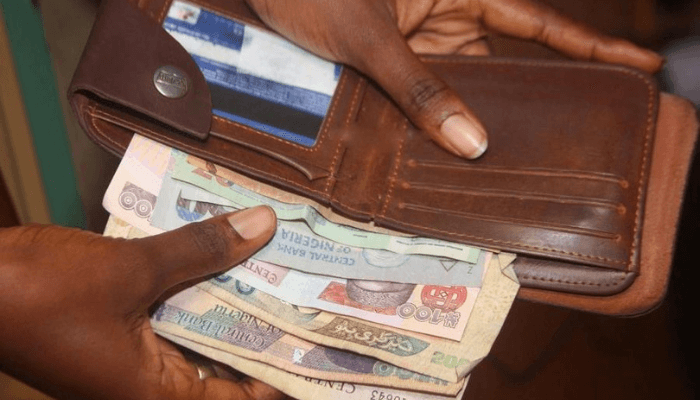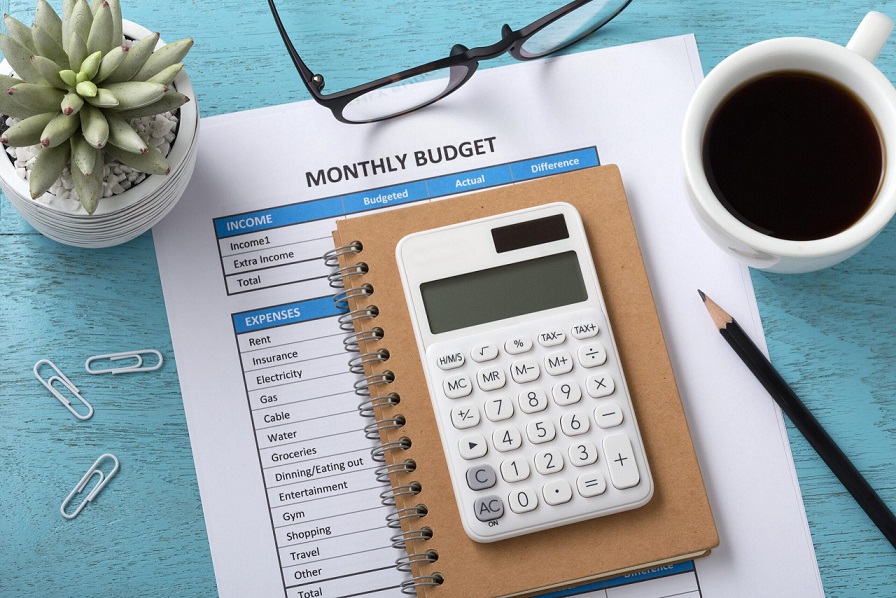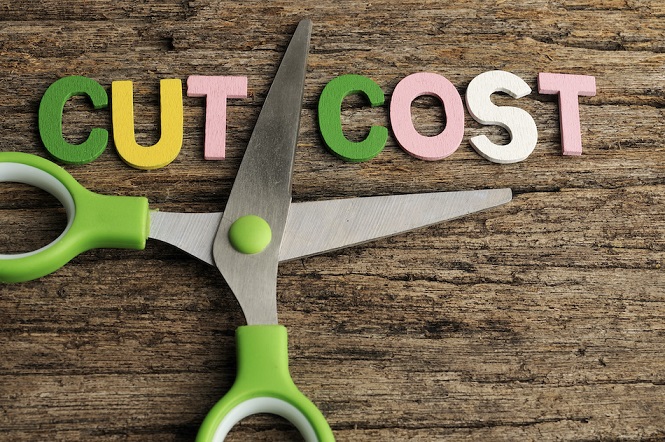
When inflation happens, your naira will buy less tomorrow than it did today. The costs of raw materials like leather, granite, iron ore, synthetic rubber, paper, oil and steel increase and your naira doesn’t buy as much as it used to when filling up your gas tank, renovating your home or stocking your refrigerator.
Many Nigerians are troubled waking up to the reality of the consistent upward trend of inflation. It is indeed frightening seeing how prices of goods and services are going out of control, thus, making business sustainability improbable and cost of living unbearable for the average business owners and individuals.
With the report from the National Bureau of Statistics, annual inflation rate climbed to 33.20 percent in March 2024, from 28.20 per cent in November 2023. Therefore, we have a soaring level of inflation unseen since September, 2005 with the cost of goods and services being on a steady rise. Hence, families and business owners are grappling with higher cost for goods and services thereby leaving them worried and afraid of the future.
A good understanding of how inflation works and what steps you can take to reduce its effects can help you prepare financially during periods of uncertainty.
Inflation, therefore, refers to the increase in the prices of goods and services, and the decline in the value of currency.
In this article, we will highlight ways in which you can survive during this period of high inflation.
1) Have a monthly budget.

Having a well-crafted budget is necessary in managing your finances and avoiding financial hardship. You should have a plan that monitors your expenses and income. Give priority to essential items, such as food, housing, utility, and transportation, while putting a check on non-essential spending. Your budget should also make provision for variable costs you may incur due to unexpected expenses or changes in the market. Effective budgeting therefore can help you save money and protect your financial stability.
This notwithstanding, you ought to regularly revisit your budget to ensure you are accounting for price changes over time. Thus, you give priority to items that are necessary despite temporary price increases while you still cut or reduce expenses on activities or items that are non-essential.
2) Have a reserve fund for emergencies.

Having reserve funds for emergency is one of the best ways to protect your finances. As life is unpredictable and problems can arise at any time, having access to funds for such situations may be invaluable.
An emergency fund is a designated savings account where you store extra cash for unexpected expenses. Although emergency fund does not directly protect you from inflation, it prepares you for additional costs should temporary price fluctuations push you over budget.
For example, if grains costs surge due to market conditions, it would have an impact on your monthly budget. Nevertheless, having an emergency fund in place could give you the breathing room you need until you have a chance to revise your budget. So, ensure you set aside small amounts regularly during this period of high inflation.
Read: Floating of the Nigeria Naira
3) Find ways to cut costs.

Having gotten a budget, now you consider your discretionary expenses and separate them into high-priority and low-priority categories. For example, new clothing for your growing kids and school items would be in a high priority category.
However, you may decide to cut unnecessary spending like gym membership subscription you do not use and a streaming service you did not realize you have been paying for. Furthermore, if you are planning any large project or purchase, such as home renovations or buying a new car, consider the impact inflation has on the costs.
4) Avoid impulse buying

High inflation period is not a good time for buying items that you don’t need or impulsive buying. You are moved by your emotions when buying anything on impulse (any item you did not list in your monthly budget) because you are clouded with the thought that it is a good deal whereas you have not stopped to ask if you really need the item or not. Therefore, you ought to wait a day or two before making purchases outside your budget. This will give you considerable time to analyze the need for the item.
5) Buy your food items in bulk

During a period of high inflation, it is best to buy in bulk to save money later. You spend more in the long run when you buy food in small quantities to meet immediate needs as compared to when you buy in bulk. By buying in bulk, you are saving yourself from the future increment in the prices of food.
6) Have multiple sources of income

Diversifying your source of income is paramount to survive high inflation. You should look beyond your primary income streams and explore other opportunities like part-time jobs, freelance work, affiliate marketing, monetizing a skill, selling items you no longer use, or side businesses. With multiple streams of income, you will reduce your reliance on a single source therefore becoming resilient in the face of inflation.
7) Save and invest for the long term

Saving for long-term goals should be part of your discretionary budget. You shouldn’t lose sight of your long-term financial goals while addressing short-term inflation. Ensure you are consistent in saving and investing for your future. You ought to imbibe the habit of saving even though you have small amount of money in your purse after preparing your monthly budget. You can also streamline your budget to comprise your basic needs so that you spend less in order to increase your savings. Summarily, you will have to reduce your Marginal Propensity to Consume (MPC) and increase your Marginal Propensity to Save (MPS).
It is crucial to build financial resilience over time. So, consider investments options that will offer good Return on Investment (ROI) than traditional savings accounts. By investing, your money can work for you which will in the long run increase your purchasing power. However, leaving your cash endlessly in the bank will not give you the desired returns that will warrant your financial growth. Therefore, you can consider investing in assets like stocks, real estate, and commodities that have the potential to grow in value over time.
8) Ask for a Raise if possible

As inflation increase and the value of naira decreases, the cost of goods and services will go up. However with the same take home or salary, you may find it difficult to afford your typical spending. Nevertheless, with an increase in your income and with more money coming in each month, you can afford to cover for the incremental new cost of goods and services even though inflation may spike the cost of everyday items.
In summary, though, inflation might have you concerned about your financial wellbeing, here are a few things you can do to protect your bottom line. Review your spending habit by taking into consideration where your money’s going and differentiating between needs and wants. Identify expenses you can forgo either for the time being or for good. Are there things that are adding little or no value to your life or for which you can find less costly alternatives? For example, are you paying monthly for any subscription-based streaming services that you’re not using regularly? And what if you were to prepare food at home each morning instead of buying it at a restaurant? A household budget can help you get a handle on your spending. Be deliberate in your saving habit to build emergency fund enough to cover three to six months of necessary living expenses if you don’t have one.
In conclusion, you ought to realize that inflation has a lasting impact leaving prices higher for a long time. Therefore, when you consider inflation coping strategies, make sure you have picked an answer that you can live with long term.
Read: Surviving Inflation as a small business owner

